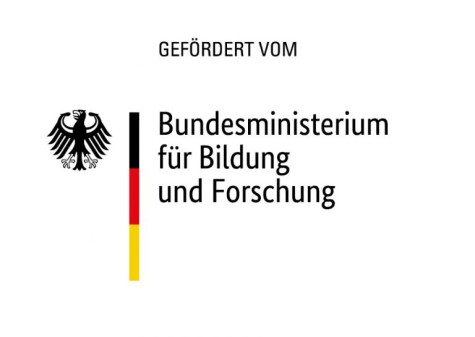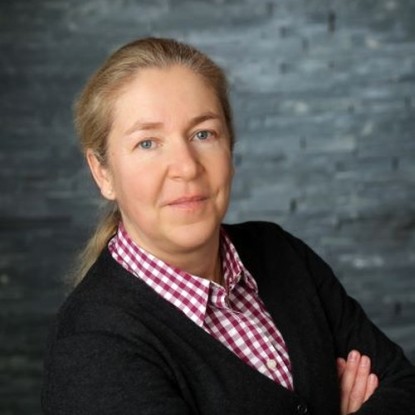Project Duration: 2021 – 2024
Project Partners:
- Sabine Bartsch (Institute for Linguistics and Literary Studies, TU Darmstadt)
- Tobias Hecking (Institute for Software Technology, DLR)
- Wolfgang Stille (hessian.ai)
Project Team Members:
- Debajyoti Paul Chowdhury
- Changxu Duan
- Sherry Tan
- Elena Volkanovska
Development of a meta-methodology and a conceptual framework for transdisciplinary in-depth exploration and analysis of multimodal digital objects. Demonstrated through the use cases of AI and climate change discourses
Project Funding: BMBF (Federal Ministry of Education and Research) joint project under the guidelines for the funding of research and development projects aimed at the theoretical, methodological, and technical advancement of digital humanities, as announced in the Federal Gazette on July 22, 2019
Project Overview:
The goal of the overall project is the development and testing of a concept for the in-depth exploration of multimodal data collections. The foundation of this project lies in connecting different types of digital objects to enable genuine knowledge generation based on digital collections. It leverages current theories and methods from the humanities and information technology with the aim of transdisciplinary expansion and sharing of knowledge, which has previously been hindered by a lack of interconnection among collections and the absence of possibilities for enrichment through annotation and commentary.
To test the developed concepts, transdisciplinary multimodal corpora (TMK) will be created, manually and automatically annotated, interconnected, and analyzed for the exemplary use cases—discourses on climate change and artificial intelligence. These corpora will also be discussed and evaluated in expert workshops.
Objectives:
The analysis and provision of interconnected multimodal corpora aim to develop and test corpus-based and computational linguistic methods for the construction, annotation, and analysis of multimodal corpora. This involves preparing a corpus focused on two thematic areas in such a way that, through a combination of automatic and manual annotation methods, and the subsequent analysis of a corpus from two example domains—climate change and artificial intelligence—features can be identified that serve as the basis for the semantic interconnection of textual and intertextual linguistic and multimodally encoded concepts. This will expand the access possibilities to text and data corpora.
The developed corpus data and analysis scenarios will be tested and iteratively improved in expert workshops as well as in workshops for scientists and the interested public.






